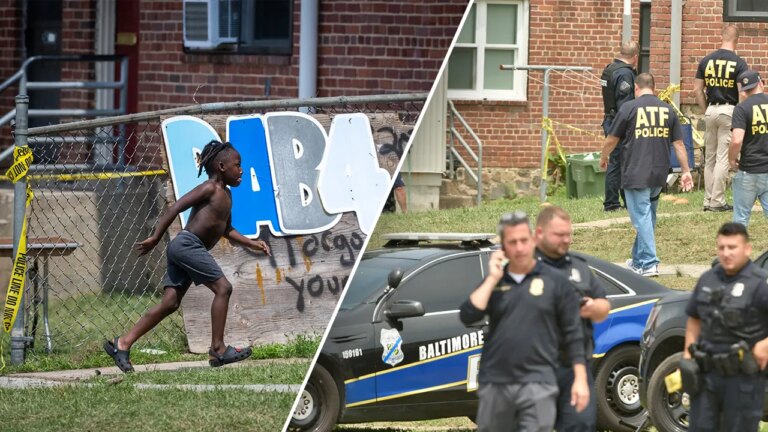Youth Crime Concerns Raise Questions About Maryland Laws
A recent report from the Maryland Department of Juvenile Services has ignited a debate among officials about whether the state’s laws are contributing to a surge in juvenile crimes. The report reveals a disturbing trend of rising youth carjackings and gun-related offenses in the state. On Wednesday, the Maryland House Judiciary Committee convened a virtual meeting to discuss this alarming issue, hearing from various state and local officials who voiced their concerns.
Del. Karen Toles, a Democrat, emphasized that juvenile crime is a pressing problem that cannot be ignored. She pointed out that even at the age of 12 or 13, young individuals are aware of their actions and the consequences thereof. Toles urged a stop to making excuses for these young offenders, stressing that they are well aware of their deeds.
Critics, including law enforcement and prosecutors, have directed their concerns towards two specific laws: the Juvenile Justice Reform Act and the Child Interrogation Protection Act. The former prevents children aged 13 and under from being charged with certain crimes like car theft, while the latter mandates that law enforcement cannot question children as suspects or witnesses without the approval of a parent and attorney.
Although juvenile offenses constitute a small fraction of Maryland’s overall crime statistics, the rise in youth carjackings and gun violations is cause for alarm, according to the report by the Department of Juvenile Services.
Alarming Trends in Youth Crime
While overall juvenile crime complaints have decreased over the past decade, the report reveals a startling increase in youth carjackings, which nearly doubled from 2020 to 2023. Handgun violations saw an even more dramatic rise, more than tripling in the same period.
Acting Prince George’s County Deputy Police Chief Zachary O’Lare expressed his frustration, stating that young individuals are not deterred from committing crimes because the consequences appear lenient. He highlighted that continually re-arresting the same juveniles for the same crimes is an inefficient allocation of resources and suggests that the services provided to these young individuals are insufficient.
Rich Gibson, President of the Maryland State Attorneys’ Association, echoed these concerns, emphasizing that some laws hinder law enforcement’s ability to address violent youth offenders. He stressed the importance of allowing officers to take action when a crime has clearly occurred.
Challenges and Controversy
In one instance, an 11-year-old was arrested in August in connection with over a dozen stolen cars but has not been charged due to existing laws. Relatives of a 12-year-old boy who was shot and killed in April claimed that adults are recruiting children to commit crimes on their behalf.
Maryland Department of Juvenile Services Secretary Vincent N. Schiraldi defended the state’s current laws, noting that violent juvenile crime complaints dropped by nearly 17% in the last year. He also highlighted that youth accounted for only 7% of the state’s overall arrests in 2021.
Schiraldi emphasized that not being able to arrest or detain young offenders does not mean they cannot be helped. He stated the intention to do everything possible to guide them onto the right path.
The Maryland House Judiciary Committee plans to hold several meetings to address the issue of juvenile crime before the legislative session commences in January.

